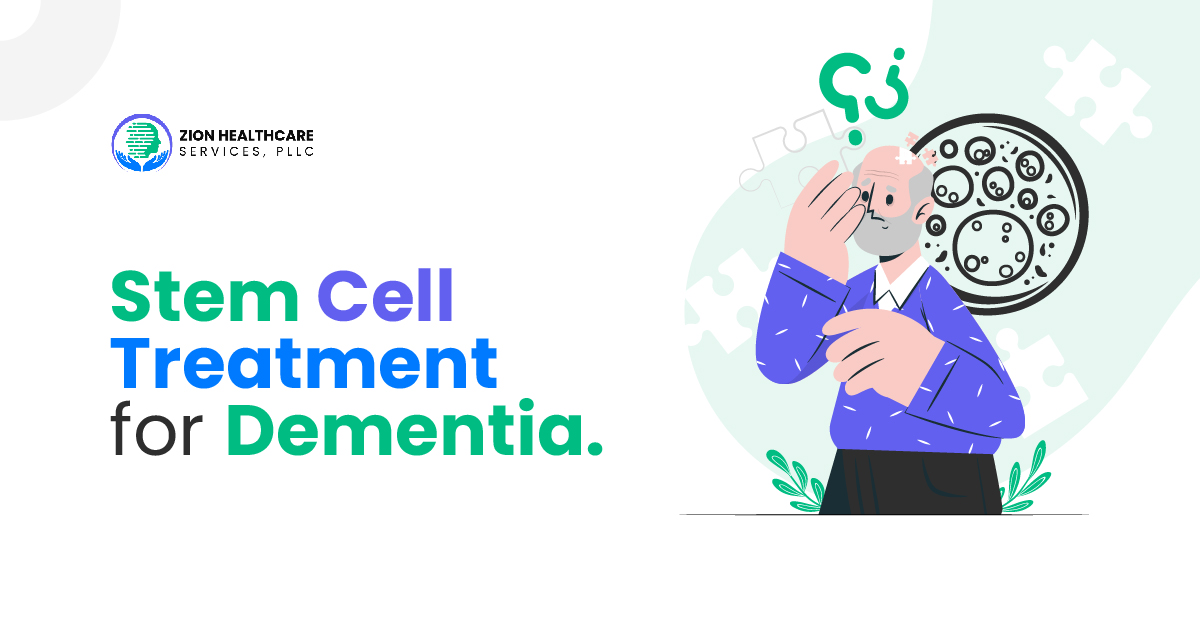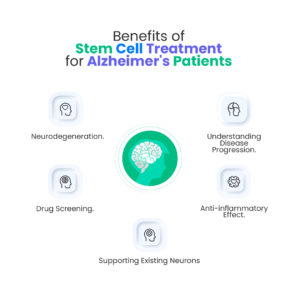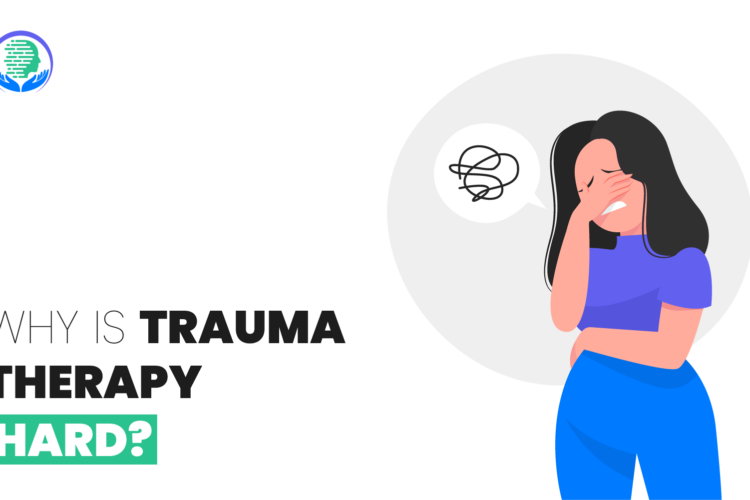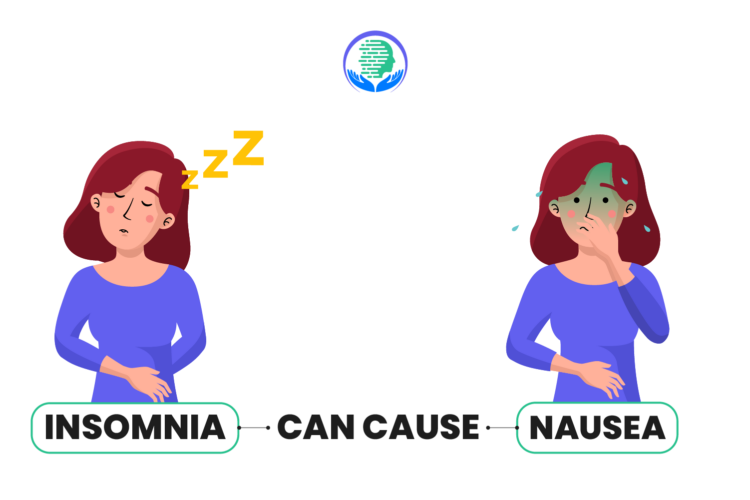
Memory loss is almost always irreversible, but there is stem cell treatment for dementia, and it might bring some changes in your life. Many other diseases are the alter of dementia and have major health impacts on your life.
In addition, Alzheimer’s disease is a type of dementia that impacts memory, thinking, and behavior. It is a major public health issue. Data from the Alzheimer’s Association estimates about 6.2 million Americans currently live with Alzheimer’s. This number is expected to increase significantly to almost 14 million by 2050 if no cure or prevention is found.
There is a lot of concern that may arise in your life that may lead to depression and trauma. Thus, there is no need to take the stain at all!
Zion Healthcare Service is here to assist and support you with all mental health concerns.
Silent Strokes can Lead to Later Dementia
Large strokes that affect major blood vessels often cause noticeable issues like facial drooping or arm weakness. However, small strokes impact tiny vessels and only cause minor harm that builds up gradually over time.
Moreover, while one large stroke may immediately cause obvious symptoms, multiple tiny “silent” strokes can accumulate harm without obvious signs until significant damage has occurred. These small vessel strokes, known as white matter strokes, happen without immediate symptoms but still negatively impact the brain.
If you have any sleeping issues, feel free to contact us!
Types of Dementia
Alzheimer’s Disease: The most prevalent form of dementia, Alzheimer’s disease is characterized by the accumulation of abnormal protein deposits (amyloid plaques and tau tangles) in the brain, leading to the gradual deterioration of cognitive function.
Vascular Dementia
This type of dementia results from impaired blood flow to the brain, often due to strokes or other vascular issues. The symptoms can vary depending on the location and extent of the vascular damage.
Lewy Body Dementia (LBD)
LBD is associated with abnormal protein deposits called Lewy bodies in the brain. It can cause a range of symptoms, including hallucinations, stem cell booster, motor disturbances, and cognitive fluctuations.
Frontotemporal Dementia (FTD)
FTD is characterized by damage to the frontal and temporal lobes of the brain, leading to changes in personality, behavior, and language. It often occurs at a younger age compared to other forms of dementia.
neurodegenerative dementia
Neurodegenerative dementia is a type of brain decline where brain cells break down over time, causing memory loss and thinking problems. Common examples include Alzheimer’s, Parkinson’s, and Huntington’s diseases.
Cognitive Therapy of Stem Cell Treatment for Dementia
Cognitive therapy for dementia means doing special activities to help the brain work better in people with trouble remembering things. These activities, like memory games and puzzles, are meant to make thinking and problem-solving easier.
If you’re looking for stem cell injections near me, the best thing to do is choose the option that fits you the most. Find the most relevant and suitable choice for your needs.
Hence, the goal is to improve life and help them do things independently for as long as possible.
Countries with the Lowest Dementia Rates
The list of countries that have been associated with relatively lower reported dementia rates included as;
- Japan
- India
- Nigeria
- Greece
- Italy
- Spain
- France
Risks of Using Stem Cells to Treat Alzheimer’s
stem cells for treatments involve certain risks that we need to be aware of:
Tumor Formation
There’s a concern that stem cell treatment for dementia might lead to the growth of tumors. This is more likely with certain types of stem cells that can turn into many different cell types.
Body’s Defense Reaction
Sometimes, the body’s defense system might react to the stem cells, causing inflammation or rejection. This can make the treatment less effective or even harmful.
Ethical Concerns
Where we get the stem cells from can be a concern. Some sources, like embryonic stem cells, raise ethical questions because they involve destroying embryos.
Unintended Cell Types
Stem cells must turn into the right cells for the treatment to work. If they become the wrong kind of cells, it could lead to problems.
Delivery Challenges
Putting the stem cells in the right place in the body can be tricky. Ensuring they go where needed and work properly is a significant challenge.
So, when you scrolling for the stem cell treatments near me, be responsive and careful for selecting the best treatment. The stem cell activation patch is designed to stimulate and enhance the activity of stem cells in the body, promoting natural healing and regeneration.
Although stem cells treatment cost a lot, you’ll get valuable results in no time.
What Not to Do after Stem Cell Treatment
Here are some general guidelines on what not to do after stem cell treatment for dementia:
- Avoid intense physical activity
- Limit alcohol and tobacco use
- Avoid anti-inflammatory medications
- Follow prescribed medications and instructions
- Don’t skip follow-up appointments
- Stay hydrated and maintain a healthy diet
- Avoid excessive sun exposure
Can Diabetic Dementia be Reversed?
Reversing diabetic dementia is challenging, but managing blood sugar levels through a healthy lifestyle and medications can slow down its progression.
In addition, early intervention with proper medical care, a balanced diet, and regular exercise may help improve symptoms and enhance overall well-being. It’s crucial to consult with healthcare professionals for personalized advice and support.
Stem cell treatment for dementia cost
Most insurance plans do not yet cover stem cell therapy for dementia since it is still considered experimental. Out-of-pocket costs for the procedures can range from tens of thousands to more depending on the clinic.
Dementia Rehabilitation
Helping people with dementia do daily tasks is important. Activities work on skills like dressing, eating, and learning. Doctors and therapists make special plans just for them. The goals are to keep our abilities for as long as possible and feel good.
Likewise, researchers are developing an x39 stem cell patch to help heal damaged heart tissue after a heart attack. When facing anxiety while dealing with dementia, a helpful solution is to engage in reading books on dementia.
Consequently, this provides diversion and valuable insights and coping strategies for those navigating the challenges associated with dementia.

- Neurodegeneration
- Drug Screening
- Understanding Disease Progression
- Anti-inflammatory Effect
- Supporting Existing Neurons
7 Stages of Lewy Body Dementia
Here are the 7 key stages of Lewy body dementia:
Stage 1: Minor issues with memory, thinking, movement, and behavior may arise. Everyday tasks aren’t affected.
Stage 2: Cognitive and motor challenges progress moderately. Assistance with planning and organizational tasks is sometimes needed.
Stage 3: Symptoms interfere with daily life. Memory loss and fluctuations are more severe. Hallucinations may appear as dementia live.
Stage 4: Dementia is detectable and disabling. Individuals require help with basic activities like bathing and getting dressed.
Stage 5: Late stage where communication is minimal and mobility is severely limited. Swallowing problems emerge.
Stage 6: End of life when assistance is needed for all physical functions and responsiveness is very poor.
Stage 7: Pre-clinical, very early changes in the brain are detected, but no symptoms yet.
Let’s Recap
Most stem cell treatment for dementia involve extracting stem cells from a patient’s bone marrow or fat tissue. The cells are injected directly into the brain through tiny holes drilled into the skull. Recovery typically requires overnight observation for any side effects.
While promising, stem cell therapy is still considered experimental for dementia. Before pursuing this treatment option, families should carefully weigh the risks and potential benefits.
Many people get anxiety and depression while coping with the diseases. Therefore, Zion Healthcare Services is here for you to find the best possible solution.
FAQs
Where can I get stem cell treatment for dementia?
Some clinics and hospitals in major cities worldwide offer experimental stem cell treatments for dementia, though most are found internationally in places like the US and other countries.
Can diabetic dementia be reversed?
While diabetic dementia caused by poorly managed blood sugar levels cannot be cured, it may be possible in some cases to slow or partially reverse the cognitive decline by gaining stronger control over diabetes through lifestyle changes and medical treatment.
Will dementia ever be cured?
Currently, there is no cure for dementia. Still, researchers are hopeful that with more study of the brain and more clinical trials, a cure or vastly improved treatments may be discovered within the next 10-20 years as science advances in areas like regenerative medicine.
How long do stem cell injections last?
The effects of stem cell injections usually don’t last very long, typically only a few months. Ongoing treatments may be needed to sustain cognitive benefits as stem cells don’t permanently engraft in the brain.
Can a stem cell transplant change your personality?
While stem cell transplants primarily focus on medical treatment, there is a theoretical possibility they could subtly impact personality in rare cases by influencing brain cell development. However, most experts doubt one’s core identity could be dramatically altered.
How much does stem cell treatment cost?
Stem cell treatment can cost different amounts, ranging from a few thousand to tens of thousands of dollars. You may ask your doctor or the treatment center about the exact cost based on what you need.


